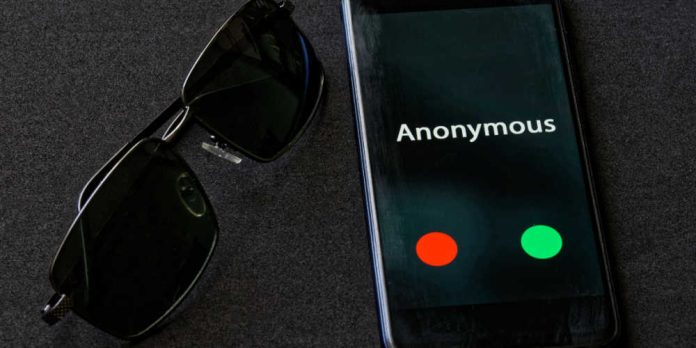As concerns continue to grow around the harassment of athletes, particularly student-athletes, many think something needs to be done. However, most will agree that we just don’t know how far-reaching the problem is.
“People can’t act because there isn’t data so US Integrity is going to get that data on their dime with the help of AthleteAlert,” explained US Integrity co-founder and CEO Matthew Holt.
AthleteAlert is the new venture from US Integrity and RealResponse, a business created by a former student-athlete, David Chadwick, who knew the current model didn’t provide enough space for athletes to safely give feedback to schools.
“I started the company with one simple goal and that was to give student-athletes a way to speak up and to use their voice without a fear of retaliation and to do so in a way that athletic directors could better understand the student-athlete experience, the cultures of their various programs, and to be able to address and respond to the concerns or needs of student-athletes,” Chadwick explained.

The concerns and needs of the student-athlete now include betting-related matters and, while they aren’t necessarily tied directly to integrity concerns, Holt said the company was compelled to act after seeing what was happening.
US Integrity compelled to take action on athlete harassment
“It wasn’t really an integrity issue and we didn’t know what to do, but in seeing some of the some of the threats that were going out–threats of sexual assault and threats of murder, I’m gonna kill you…they were really, really ugly,” Holt said. “And I thought, wow, obviously this goes to problem gambling if someone is so devastated by losing a bet that they have to lash out in such an inappropriate way.”
Holt and US Integrity partnered up with RealResponse to get the infrastructure and scale necessary to get the data necessary for people like regulators and lawmakers to start taking action.
“The first box that needs to be checked is giving them a safe space to speak up,” Chadwick said.
More than just a tip line, AthleteAlert is intended to be a resource if someone needs to talk in addition to voice concerns about threats or potential betting integrity issues. With the involvement of US Integrity, it also helps address some of the issues that can arise with anonymous reporting systems.
“Anonymous feedback is actually really hard because if they don’t give you enough that you need, you’re stuck. ‘Hey, I know about a tip at XYZ school, but I don’t know who it involves and what happened’, but now US Integrity will be able to go back to the specific person and ask questions and get clarity and actually what they need to be able to act on and ultimately be able to respond in a timely way,” Chadwick explained.
Setting up the system is one thing, but getting buy-in from all levels of the university and athletic department is another step altogether. US Integrity is already out there sowing seeds about the new program, including at the recent meeting of the SEC conference.
Getting buy-in from ADs down to coaches is vital
“If the presidents, chancellors, and ADs believe it’s a problem and that this is a viable solution and is helpful, they’re more likely to push the coaches to push it to the student-athletes,” Holt said. “If coaches who experience this on a day-to-day basis know they have the support of the presidents, chancellors, and ADs, they’re more likely to push it downstream to the athletes and continue to reinvest that, ‘Hey, this is important. You should do this. If you see something say something.”
While Holt did not speak directly about the recent baseball issues at Alabama and the University of Cincinnati, he did echo what many in the industry are saying, which is that this is a sign the system is working.
“While these incidents weren’t directly related to anonymous tip lines, I do think it gives student-athletes more comfort and a little bit more knowledge every time one of these things happens,” he said.
Creating that comfortable experience for the student-athlete is paramount. Keeping things anonymous is vital. Chadwick also notes that letting the athletes relate and communicate in a method they prefer will produce better results as well. While older generations might feel better meeting face-to-face, the youngest group of athletes prefer using tech to express concerns.
The hope is with AthleteAlert that they will do just that and the stakeholders on both the college and sports betting side will get the information they need to take action. Even if vitriolic fans have been a problem before the proliferation of sports betting in the US, taking accountability for what the industry adds on that front is vital. Holt summed it up quite well.
“Fan has always been short for fanatic right? Add in financial loss and fanatic can go a step further than we normally see.”













